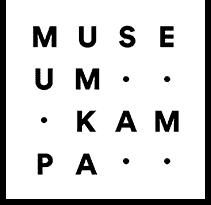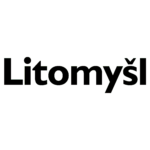The exhibition Josef Pleskot: Cities, hosted by the Kampa Museum from 5 November to 12 February next year, will focus on the three specific urban settlements where the architect Josef Pleskot has completed the most projects – Prague, Ostrava-Vítkovice, and Litomyšl. The show will naturally present the individual buildings and projects, but it has also taken on the task of conveying Pleskot’s approach to architecture, presenting the work of his studio in a broader, more general context and addressing the issue of the social role of architecture.
Josef Pleskot is the main architect of the gradual transformation of Dolní Vítkovice into a new Ostrava cultural and social center. In addition to the completed conversions of the oldest blast furnace in Vítkovice into an observation tower with its Bolt Tower café, and the former gasworks into a multifunctional hall and the Gong Congress Center, the exhibition will also present a project for a new urban district named Městopark, designed for up to fifteen thousand inhabitants. This, together with the Pod Žofinka residential complex, should connect the former industrial area with the historic city center.
While the role of the architect in Vítkovice is to search for new functions for abandoned factory buildings, or even to define completely new urban structures, in Litomyšl this is primarily a matter of modifications and interventions that will further enhance the architectural and urban qualities of this city with its long and unbroken cultural tradition, and to help give the structures a new contemporary life. Pleskot’s most significant projects in Litomyšl include the reconstruction of the castle brewery, the regional museum, and the entire castle forecourt, now known as the Václav Havel Square.
In Prague, Josef Pleskot is responsible for the reconstruction of the Deer Moat and the passage through the embankment of the Powder Bridge, the headquarters of the ČSOB Bank on Radlická Street and the Metrostav in Palmovka, and the reconstruction of the Dominican monastery at the Church of St. Giles in the Old Town. He is also the author of a forthcoming residential project in Kavčí Hory. The exhibition will show, among other things, that each of these projects is based on a comprehensive analysis of the site and of the existing landscape and urban relationships. Although these contexts are not obvious at first glance, the final form of the building is determined by much more than purely formal criteria.
Josef Pleskot, who will celebrate his 70th birthday at the beginning of December, is one of the most highly regarded architects of his generation, and his social commitment goes far beyond the boundaries of his profession. The exhibition will be accompanied by a rich program and is being prepared by architect Norbert Schmidt from Pleskot’s AP studio and Jan Skřivánek, chief curator of the Kampa Museum.












